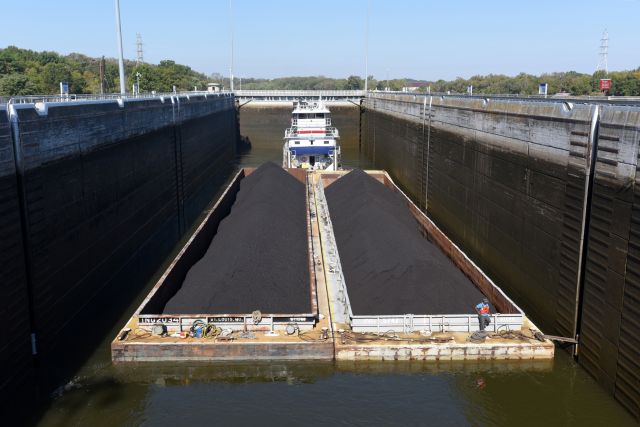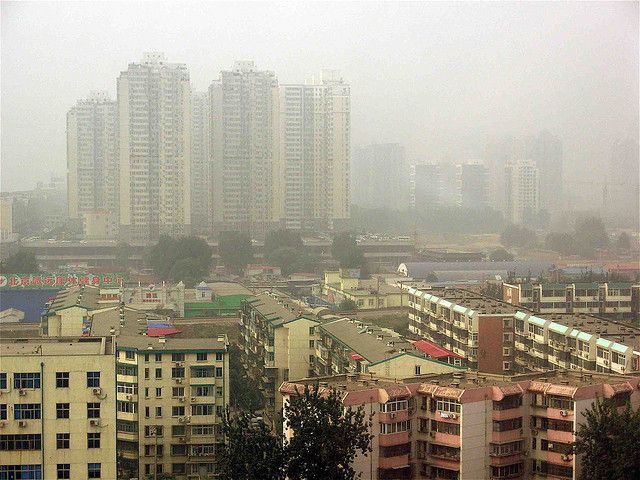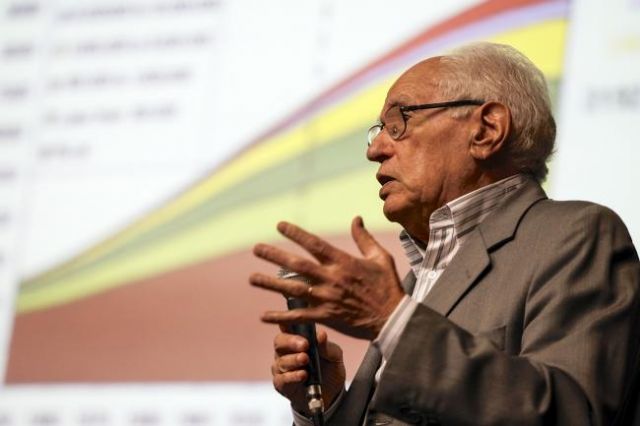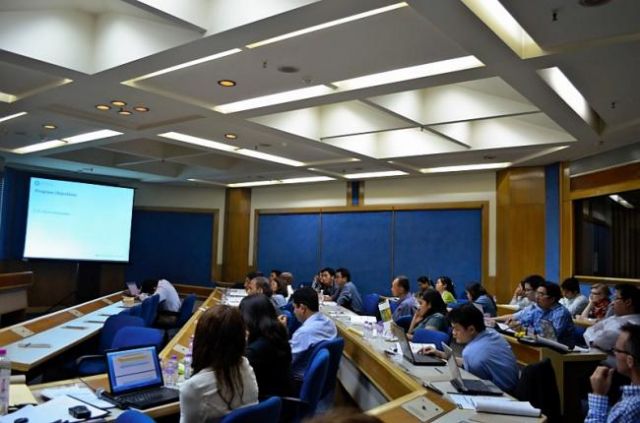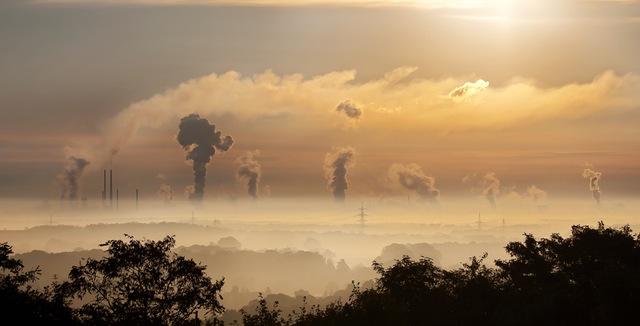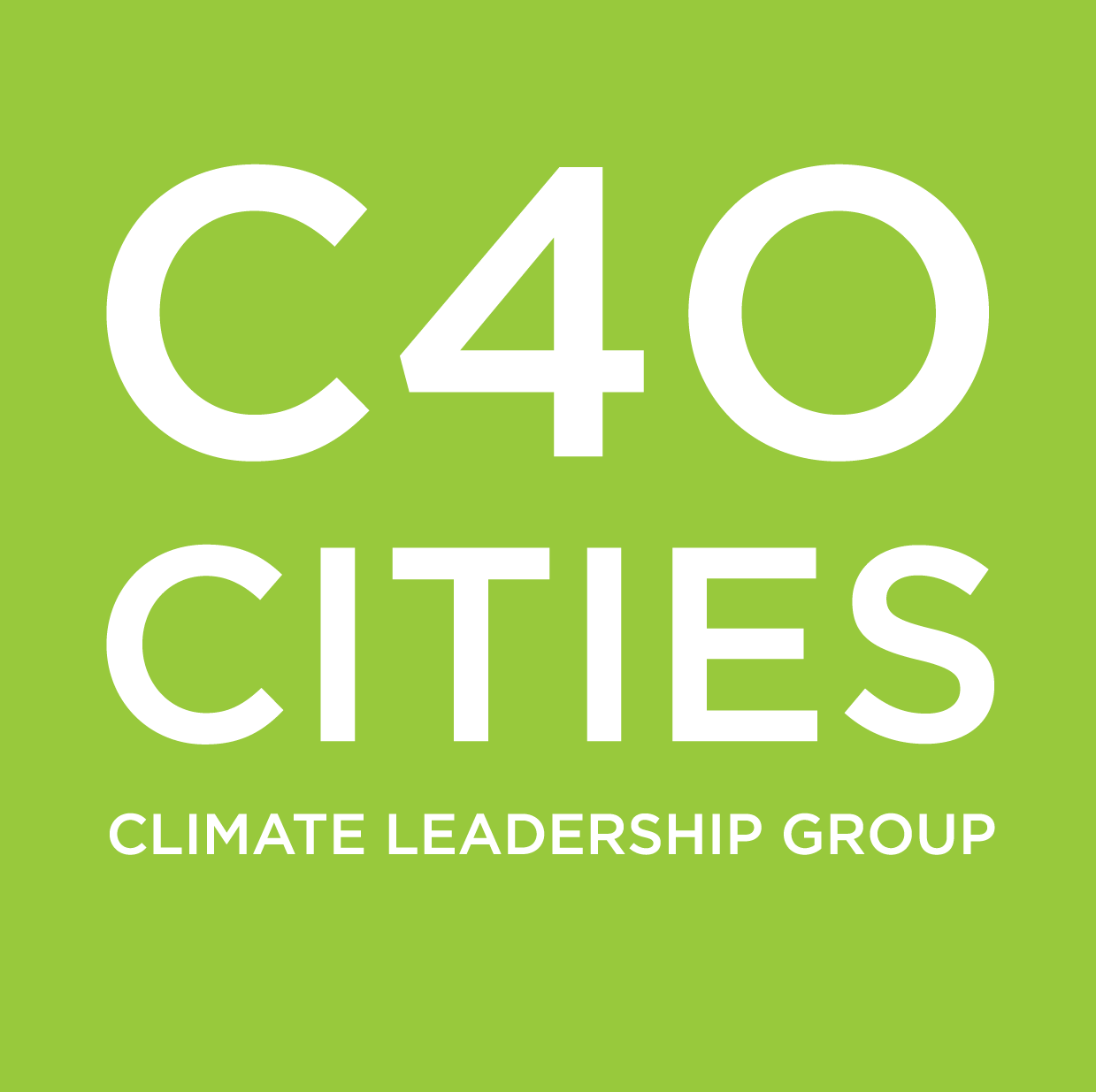Blog
GHG Protocol Currently Seeking Funding for Major Tool Upgrade
Development of GHG Protocol Online Development Course
3 Reasons Why Fossil Fuel Companies Should Disclose Their Reserves
Fossil fuel companies hold vast oil, gas and coal reserves that help determine their market value. These reserves are also the basis to understanding the potential climate risks of burning these fuels. Yet not a single fossil fuel company in the world discloses potential emissions from their reserves – and that is a big problem.
Staying on Track: A New Tool for Designing and Meeting Emissions-Reduction Goals
China just announced a mitigation goal to peak its emissions by 2030 or earlier, while the United States committed to reduce its national emissions by 26-28 percent below 2005 levels by 2025. And countless other cities and countries have set similar emissions-reduction targets.
Everything You Need to Know About Agricultural Emissions
The Greenhouse Gas Protocol launched a new guidance this week to help agricultural companies measure and manage their greenhouse gas (GHG) emissions from crop and livestock production. It is the first such international guidance for the sector, and will help underpin efforts to mitigate agriculture’s environmental impact.
Leading Indian Businesses Participate In The First GHG Clinic Organized By The India GHG Program
Key environmental, sustainability and operational representatives from fourteen leading Indian businesses participated in the first ever GHG Clinic, i.e. capacity building and technical workshop on developing corporate inventories based on the GHG Protocol Corporate Standard and the Corporate Value Chain Standard.
3 Beginning Steps to Designing a National Greenhouse Gas Reporting Program
By Neelam Singh and Avipsa Mahapatra - September 12, 2013
Rio de Janeiro Poised to Update Its Greenhouse Gas Inventory
Rio de Janeiro is a leader among the Brazilian cities aggressively promoting low-carbon development. Now Rio is conducting a GHG inventory for 2012, the first target year under its climate change law.
33 Cities Test New Framework for Community-Scale Greenhouse Gas Inventories
A growing number of countries and companies now measure and manage their emissions through greenhouse gas (GHG) inventories. Cities, however, lack a common framework for tracking their own emissions—until now.
6 Lessons Brazilian Cities Learned From Greenhouse Gas Inventories
Last week in São Paulo, WRI, ICLEI, C40, USP-IEE, and EMBARQ Brazil jointly brought together more than 200 Brazilian city officials and experts to discuss how to use the Global Protocol for Community-Scale Greenhouse Gas Emissions (GPC) to measure and manage greenhouse gas (GHG) emissions from cities.
Nitrogen Trifluoride Now Required in GHG Protocol Greenhouse Gas Emissions Inventories
Scientific understanding of the chemicals that contribute to climate change is constantly improving. So, too, is the Greenhouse Gas Protocol (GHGP), as we work to keep abreast of such advances and ensure that they are reflected in our tools and standards
Lessons Learned From Low-Carbon City Planning In Malaysia
Low-carbon city development has become a central part of the Malaysian government’s strategy to meet its greenhouse gas (GHG) commitments. The country, currently ranked second in terms of emissions per capita in Southeast Asia, has committed to reduce the emissions intensity of its gross domestic product (GDP) by 40 percent from 2005 levels by 2020.
A New Tool To Measure And Reduce Emissions From Agriculture
Agriculture is a major actor in spurring global climate change. The sector is already responsible for at least 10-12 percent of global greenhouse gas (GHG) emissions, and agricultural emissions are expected to increase by more than 50 percent by 2030.
3 Lessons for Better Supply Chain Management
What do three leading chemical, automobile, and software companies have in common? All three – Honda, BASF, and SAP – are looking to curb risks and take advantage of opportunities across their global supply chains.
For the First Time, GHG Protocol to help Brazil Measure Greenhouse Gas Emissions from Agriculture
This past Sunday, WRI’s Greenhouse Gas (GHG) Protocol team conducted a session at the Rio+20 event, “The Green Economy: Driving Business Value and Competitiveness.” The session included great dialogue between business leaders, policy makers, and WRI experts, and featured one very significant declaration: The British Ambassador to Brazil, Alan Charlton.
Asian Organizations Commit to Advance Corporate Action on Climate Change
Companies around the world are increasingly measuring and managing their greenhouse gas (GHG) emissions in response to drivers like consumer preference, purchaser demands, and sustainability goals.
The 4-Step Plan for Cutting Value-Chain Emissions
I was recently at the New York Stock Exchange for the Carbon Disclosure Project’s (CDP) Spring Workshop, where I moderated a panel discussion with representatives from Walmart, Microsoft and Coca-Cola on Smart Thinking in Delivering Significant Supply Chain Emissions Reductions.
Global Climate Community Releases City-Scale Emissions Accounting Standard for Public Comment
Today C40 Cities Climate Leadership Group and ICLEI – Local Governments for Sustainability have released a draft edition of the Global Protocol for Community-scale Greenhouse Gas Emissions, commencing a one month period of public comment on the landmark effort, which harmonizes the emissions measurement and reporting process for cities of all sizes and geographies.
Greenhouse Gas Protocol Launches in India
The use of standards to account for corporate greenhouse gases is increasingly common in developed countries – but it is emerging in developing countries as well. In India, companies’ focus on value chain inventories and life cycle thinking is in nascent stages.

